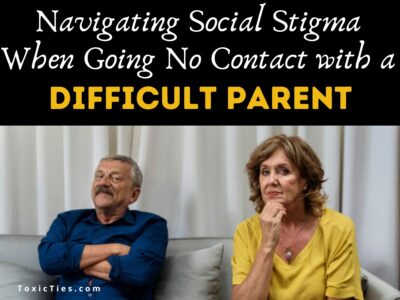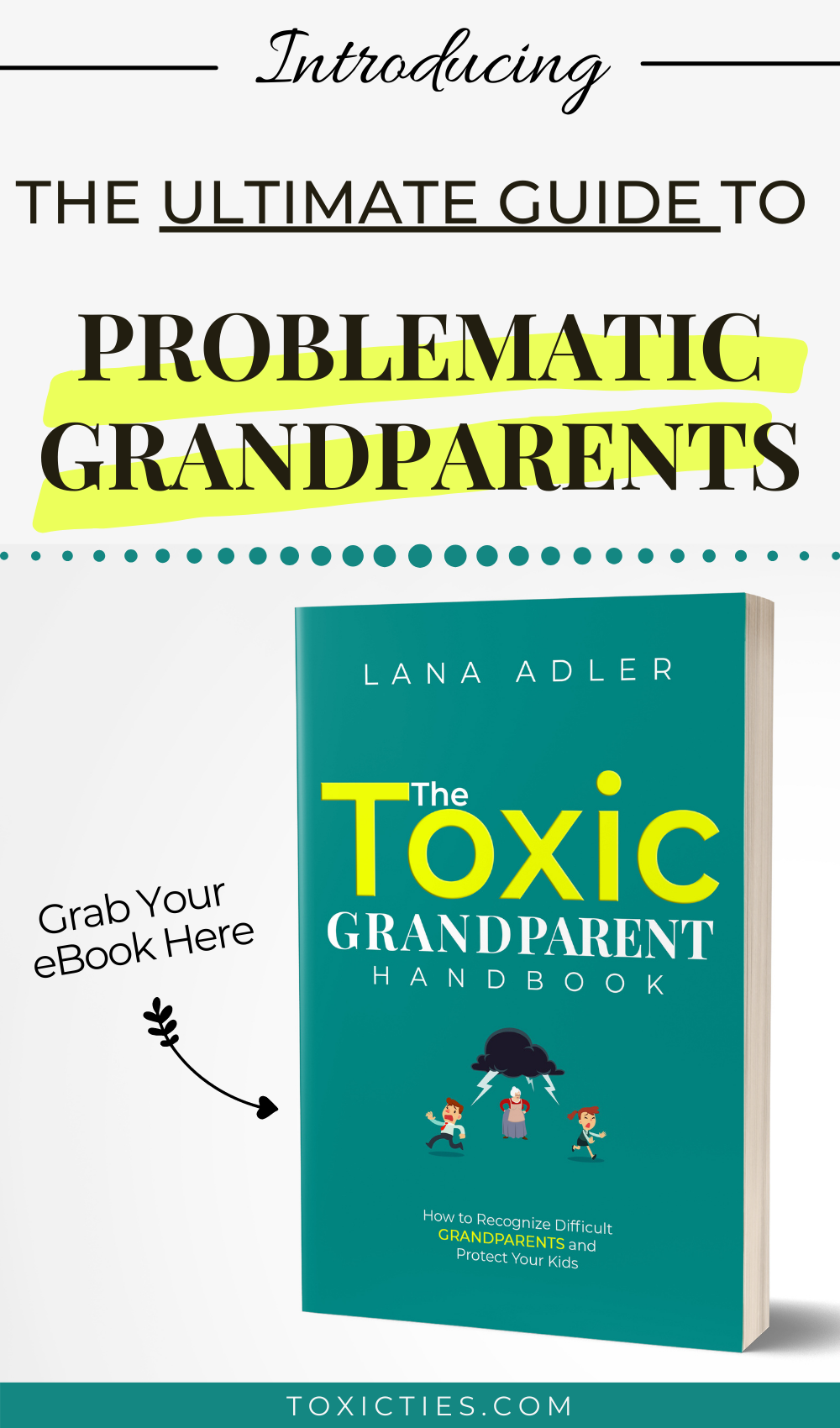Are there acceptable forms of physical discipline? How does being hit affect children? And if there is a way to undo the damage? Read on to find out.
Being hit is bad enough. But physical abuse at the hands of the person who’s supposed to love and protect you is simply devastating.
I know this because I was hit as a child.
It wasn’t a regular thing, but it was enough to distort my self-image into something unrecognizable. At times it seems that I’m still putting the pieces back together.
How Being Hit Affected Me
I was about 10 the first time my father hit me. I don’t remember it very well, only the overwhelming feelings of shame, fear, and anger that eventually fused together and turned into a pervasive slow-burning sadness (something psychologists refer to as ‘cold depression’).
Because my father usually lashed out at me when I showed my independence, strong emotions, or a mind of my own, I developed a fear of being myself and speaking out.
To this day I am scared to show my emotions so I suppress them the best I can.
His punitive outbursts were always sudden and harsh. So to this day, I get scared and uncomfortable when someone gets angry.
My father never hit my brother, so I felt like I was “the bad one,” and that I must have deserved the punishment.
I didn’t know any better, so I felt ashamed of myself. Other dads seem to love their daughters, so something must be wrong with me. I felt rotten, ugly, and unlovable.
But I wanted to be loved, and to be worthy of love. So I tried to hide the parts of myself that my father had rejected and to present a more agreeable, quiet, submissive persona.
Underneath all of that shame, guilt and fear was anger.
Oh yes. I may have hidden the “unacceptable” parts of myself from people, but I couldn’t hide them from myself. Inside I was raging against the injustice.
I had fantasies of hitting my father back the next time he hits me. I wanted to hurt him, bad. And I was also angry at my mother for not protecting me, and for pretending that nothing happen.
For many years I carried on the best I could, from one bad relationship to the next, struggling with issues of self-esteem, depression, anxiety, and drug and alcohol abuse.
And I wondered: why? Why was I hit? What lesson did I learn?
I couldn’t tell you. The only thing it taught me was to hate my father.

Is Physical Discipline Effective?
Corporal punishment is a repulsive parenting practice that still has a lot of supporters. Although the trend has been declining, about 70% of Americans still approve of using physical force to discipline a child.
These beliefs are simply ignorant. As the Joint Statement on Physical Punishment of Children and Youth concludes,
The evidence is clear and compelling — physical punishment of children and youth plays no useful role in their upbringing and poses only risks to their development. The conclusion is equally compelling — parents should be strongly encouraged to develop alternative and positive approaches to discipline.
Mountains of research also show that not only is physical discipline ineffective, it causes massive emotional and psychological damage.
Kids who are subjected to physical abuse show high levels of anxiety and depression. However, there are some gender differences.
What Happens When You Hit a Girl
Girls are socialized to put blame on themselves. Even when we’re angry, we’re not allowed to express that anger, so it often turns inward.
This type of anger is dangerous because it can go unnoticed for years, while a girl is ‘punishing’ herself through drugs, starvation, self-mutilation, and other issues that can be masked.
Physical discipline imposed by a male parental figure makes matters even worse. When a father hits a girl, she will likely have serious relationship issues with the opposite sex when she grows up. She will subconsciously choose abusive partners, and distrust men in general.
What Happens When You Hit a Boy
When a boy is hit, he is likely to become an abuser himself.
He is likely to have problems at school – getting into fights, acting out aggressively without provocation, not paying attention in class, losing interest in things he used to enjoy, and becoming friends with boys of a similar disposition.
If a boy doesn’t receive help, he is also likely to become an abusive husband and parent since he will see violence as the norm. He will probably say things like: “I was hit as a child, and I turned out fine” or “Some kids just need discipline.”
This type of man is far from fine, or even remotely OK.

Are Some Forms of Physical Discipline OK?
Hardly anyone believes that it’s OK to beat a child with brute force. But spanking, slapping, or grabbing are seen as “mild,” and therefore more acceptable forms of physical discipline.
Have you heard this line of reasoning before?
Let’s be clear: obviously, some kinds of physical discipline are more severe than others, but no kind is healthy, adequate, or effective.
What’s worse is that by engaging in relatively “mild” forms of physical punishment you gradually become desensitized to it.
So you might start by lightly slapping your kids and go on to “heavier artillery” like hitting with a belt, face slapping, or throwing objects.
Research into anger and physical abuse shows that unleashing your anger in that way has a pleasant, cathartic effect on the brain (not unlike a drug).
The sense of release a parent gets after hitting a child re-writes their brain to seek out that release again and again.
In other words, the more a parent uses physical discipline, the more likely they are to use it. It’s a “rush,” even if it’s followed by remorse.

Is There a Way to Undo the Damage?
Three decades, countless books, and one Psychology degree later, I am still asking that question.
I don’t think there is a way to completely undo the damage, but you can find healing and forgiveness if you seek to find it, and you might even help someone along the way.
The Jungian archetype of the Wounded Healer describes someone who uses his ‘wounds’ to help others.
In fact, only by going through something yourself can you truly know what others are going through, and have the compassion that can potentially extend into service.
NEXT
7 Sneaky Tactics Emotionally Abusive People Use to Get Their Way
How to Deal With a Difficult Parent: 6 Strategies to Keep Your Sanity
Which Comic Book Character Is Your Abusive Mother?









Leave a Reply